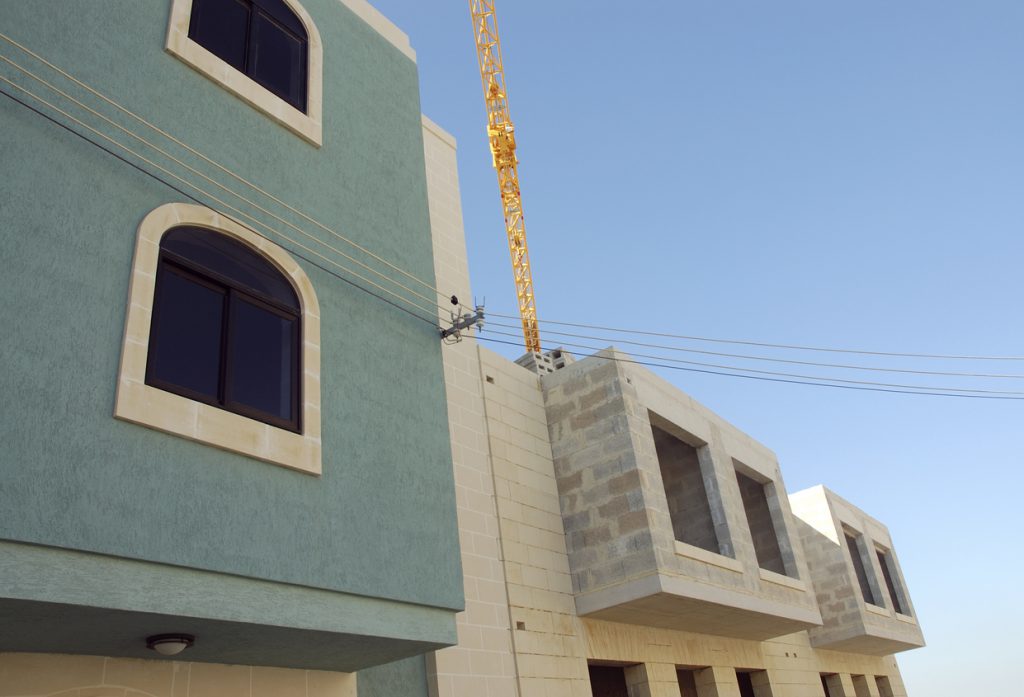House prices in Malta keep rising, bucking EU trend

Property prices in the Maltese Islands are bucking the trend when compared to the majority of EU member states where prices have stabilised or even started to decline.
Data published by Eurostat shows that in the last three months of 2023, property prices in Malta rose by 5.4% when compared to the corresponding period of 2022. The rise was significantly higher than the EU 27 average, whereby house prices remained practically the same with a marginal increase of 0.2%. Moreover, the latter trend has been consistent for the entire duration of last year during which the average house price across the EU were in constant decline to the point that at some points it was even in negative territory, meaning that prices went down.
Looking at the bigger picture, Malta had the eight highest increase during the last quarter of 2023, with the sharpest rise being registered in Poland where house prices rose by13% followed by Bulgaria 10.1%, Croatia 9.5% and Lithuania 9.3%. On the other hand, in Luxembourg house prices registered a spectacular drop of 14.4%, followed by Germany 7.1%, Finland 4.4%, France 3.6% and Sweden 2.9%.
The Eurostat data also looks are prices variations on a smaller scale by comparing the changed from the third to the fourth quarter of 2023. In this case house prices in Malta rose by 1.5% while the EU 27 average was a drop of 0.3%. The biggest increase between the third and fourth quarter was in Poland with 4.8% followed by Croatia 3.4%, Ireland 3%, Iceland 2.5% and Slovenia 2.4%. However, in around half of Europe there was a negative change ranging from 2.7% in France to 0.6% in Cyprus.
The House Price Index (HPI) measures the price changes of all residential properties purchased by households (flats, detached houses, terraced houses, etc.), both newly built and existing, independently of their final use and independently of their previous owners.
Overall, while rising property prices in Malta may bring certain economic benefits, they also pose significant challenges in terms of housing affordability, wealth inequality, social cohesion, and sustainable development.
